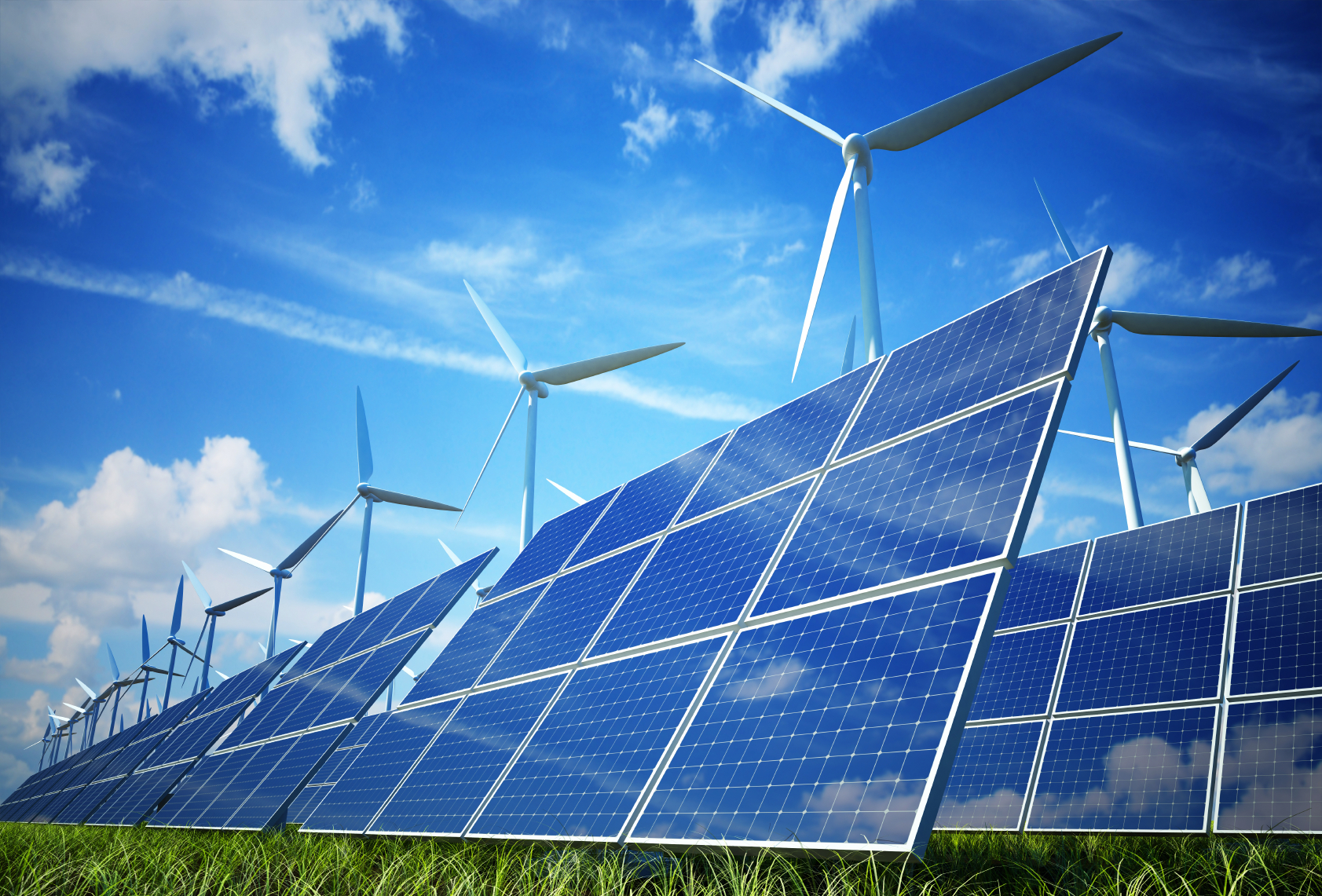Kazakhstan able to transit to renewable energy sources, minister says

By Aynur Jafarova
Climate change is one of the acute global issues awaiting its solution. Shifting from hydrocarbon fuels to the use of renewable energy sources is one of essential solutions to the problem.
Energy-rich Kazakhstan is currently looking for ways to use renewable energy sources.
Kazakh Environment Minister Nurlan Kapparov said at the 11th Eurasian Media Forum that Kazakhstan has every condition for a 50-percent transition to renewable energy sources by 2050.
The 11th Eurasian Media Forum was initiated to promote professional development of the Eurasian media and focused on the problems at the global and regional levels, security issues in Central Asia after the withdrawal of NATO troops from Afghanistan, situation in the Middle East, the prospect of the Eurasian Economic Union, the information security and the real possibility of a "green economy" in Kazakhstan.
"We have every condition for that. This is a political will and the head of state stressed it in his strategy explanation," Kapparov said.
Kazakh President Nursultan Nazarbayev has put forth initiatives on the Green Bridge partnership program and global environmental energy strategy, in an effort to ensure the sustainable growth of Kazakhstan's economic development by increasing the share of renewable and alternative sources of energy.
In late January, an action plan was adopted for the development of renewable energy sources for a period from 2013 to 2020.
According to Kapparov, despite the fact that the transition to the "green economy" requires a large amount of investment, Kazakhstan is quite able to develop it, as it has achieved a certain level of economic success.
"We have chosen the path of sustainable development, which means a quality of life, i.e. what kind of air we breathe and what kind of food we eat. We must start the transition to the "green economy" now, not when we reach our maximum GDP," the minister said.
According to him, in order to achieve this goal, Kazakhstan must resolve a number of problems such as water shortage, land degradation and its energy basket imbalance, 80 percent of which comes from coal.
"We need to develop renewable energy sources," Kapparov said. "Gas will mark the transition stage from coal-fired energy to renewable sources. It should be the development of gas-fired generation. Gas is called "the best friend of renewable sources"."
According to the minister, when talking about investments in the "green economy", it is referred to the investment projects which are profitable despite the fact that they do not offset quickly.
"So far, I do not know how much we will invest. However, 1.5 percent of GDP in China will be invested in the "green economy". This is tens of billions of dollars per year. Korea pledged to invest two percent. With regards to Kazakhstan's investment, I do not know yet and can not say for sure," Kapparov said.
Some investments will be made by the private sector, he added.
"It is important that the state creates favorable conditions for joining us. Overall, the investment climate is good for all investors. However, the "green economy" requires special conditions. There are a lot of technical issues, and we need a law that guarantees a return on investment. In other words, the state reliably will buy the energy that is produced by the sun or wind. We are currently developing a new draft law that will cover all the guarantees for the purchase of energy produced from renewable sources. This is a German model with fixed rates expected by all investors," Kapparov said.
According to Kapparov, the cost of energy generated by renewable sources is decreasing every year.
"Solar power is getting cheaper by 10 percent per year as well as wind power. The cost of wind power in Germany 20 years ago was 50 cents per kilowatt, whereas, the present price is nine cents per kilowatt. Soon the price will be five cents per kilowatt. Germany has set a goal to get 85 percent of its electricity from renewable sources," he said.
Renewable energy, which is commonly called alternative energy, comes from natural resources such as sunlight, wind, rain, tides, and geothermal heat, which are naturally replenished. Renewable energy is an alternative to fossil fuels.
Experts believe that Kazakhstan has to turn to alternative energy sources by 2030, as the traditional sources are being exhausted and their prices are rising. They urge about 20-30 percent of domestically consumed energy can be saved through the use of alternative energy resources.
Earlier Kazakh Minister of Industry and New Technologies Asset Issekeshev said that the volume of electricity generated by facilities using renewable energy sources increased by 6 percent in Kazakhstan in 2012.
Chairman of Kazenergy Association Timur Kulibayev considers that Kazakhstan has all the favorable conditions for the development of alternative energy.
If to consider Kazakhstan's natural conditions, it is clear that the most promising alternative energy sector is wind-power generation. Relevant studies conducted in the Kazakh regions showed that wind-power generation has great potential.